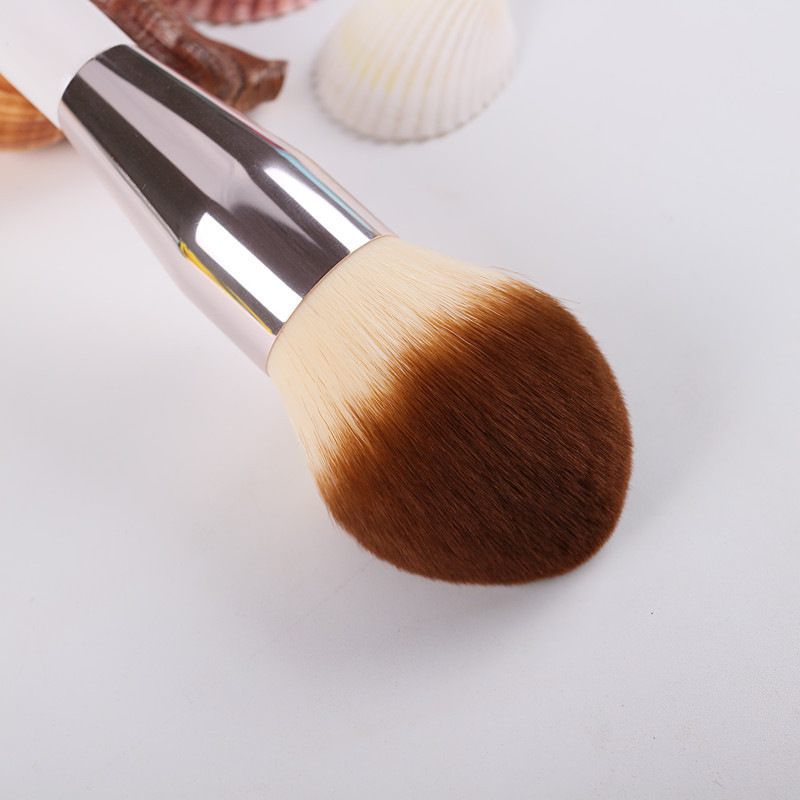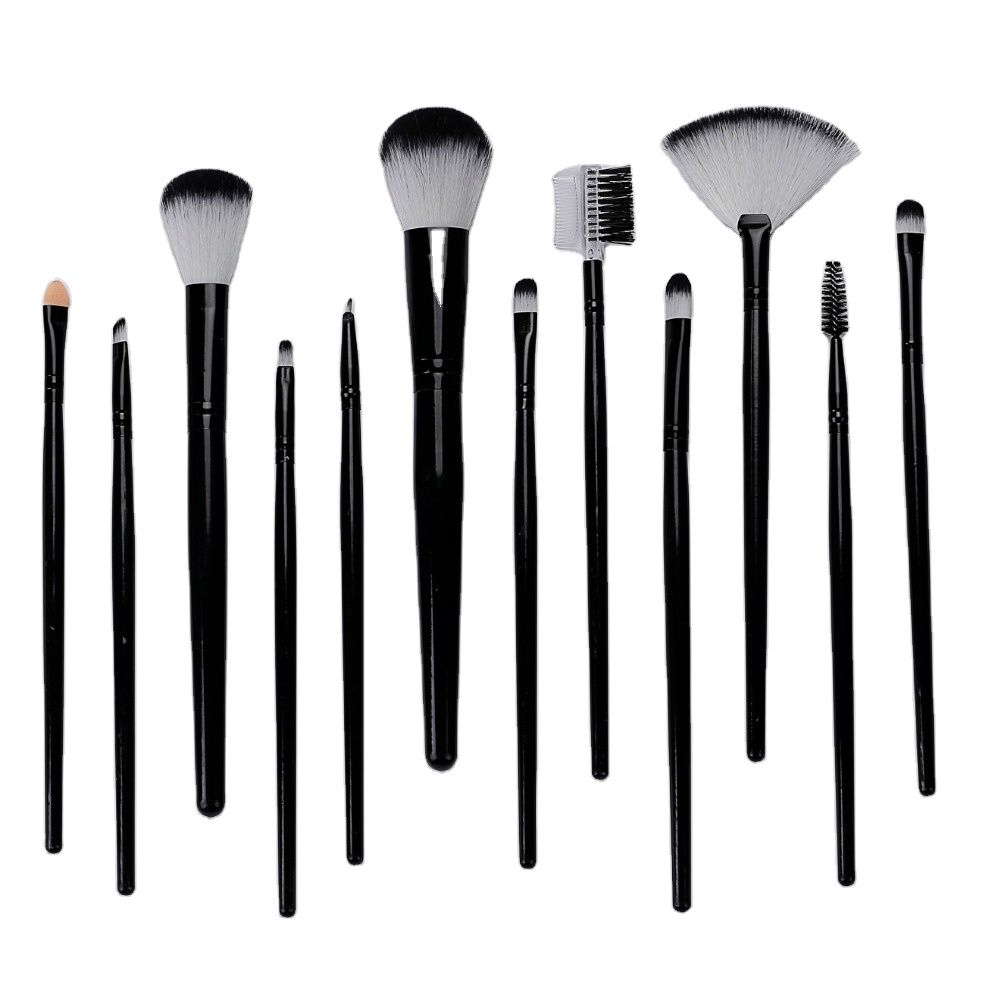Industry news
South Africa’s Local Brush Brands Thrive: Plant-Based Bristles Tap Into Eco-Conscious Market
- 22 Views
- 2025-11-01 01:32:04
South Africa’s Local Brush Brands Thrive: Plant-Based Bristles Tap Into Eco-Conscious Market
South Africa’s beauty industry is undergoing a quiet revolution: local makeup brush brands are stepping into the spotlight, fueled by a growing demand for sustainability and a shift toward homegrown innovation. For decades, the country relied heavily on imported brushes—often made with synthetic nylon bristles or animal hair—but today, a new wave of homegrown labels is changing the game, and their secret weapon? Plant-based bristles.

These emerging brands, from Cape Town’s Green Bristle Co. to Johannesburg’s Local Lush Brushes, are ditching traditional materials in favor of natural, biodegradable alternatives. Think bamboo fibers, coconut husk filaments, and cornstarch-based bristles—materials sourced locally, often from small-scale farmers, that align with South Africa’s rich agricultural heritage and global eco-conscious trends. “We saw a gap,” says Lindiwe Moyo, founder of Bushveld Beauty Brushes, a brand launched in 2021. “Consumers were asking for products that didn’t harm the planet, but there were few local options. Now, we’re filling that space.”
The Rise of Plant-Based Bristles
Plant-based bristles offer a double win: they’re kinder to the environment and rooted in community. Unlike synthetic nylon (which can take centuries to decompose) or animal hair (linked to ethical concerns), plant-based options leverage renewable resources. Green Bristle Co., for example, uses bamboo harvested from KwaZulu-Natal farms—fast-growing, pesticide-free, and supporting 20+ local families. “Our bamboo is cut sustainably, so the plant regrows quickly,” explains co-founder Thabo Nkosi. “And by working directly with farmers, we cut out middlemen, keeping profits in the community.”

Other brands are getting creative with waste reduction. Local Lush Brushes turns coconut husks—byproducts of the Western Cape’s coconut oil industry—into soft, fluffy bristles ideal for liquid foundations. “Coconut husks were once burned or dumped,” says founder Zanele Peters. “Now, they’re our star material. It’s circular economy in action.”
Tapping the Eco-Conscious Market
This shift couldn’t come at a better time. South Africa’s eco-beauty sector is booming, with a 2023 African Beauty Insights report noting that 68% of local consumers now prioritize “sustainable packaging” and “natural ingredients” when shopping for makeup tools. Younger shoppers, in particular, are leading the charge: 73% of 18–35-year-olds say they’d pay 10–15% more for eco-certified products, per a survey by market research firm EcoBeauty Analytics.
Local brands are capitalizing on this demand. Green Bristle Co.’s best-selling “EcoGlow Set”—featuring five bamboo-bristle brushes and recyclable cardboard packaging—now holds 15% of South Africa’s premium brush market, up from 3% in 2022. “Consumers aren’t just buying a brush; they’re buying a story,” says Nkosi. “They want to know their purchase supports local jobs and the planet.”
Overcoming Hurdles with Innovation
Of course, plant-based bristles aren’t without challenges. Early iterations struggled with durability: bamboo fibers, for instance, were too soft for powder products, while coconut husk bristles frayed easily. But brands are innovating. Local Lush Brushes blended coconut husk with recycled cornstarch filaments to create a firmer, longer-lasting bristle. “It took 18 months of testing,” Peters admits, “but now our brushes outlast many synthetics.”
Government support has also been key. South Africa’s Green Industry Fund offers grants to brands using 80%+ local sustainable materials, cutting production costs by 20–25%. “That subsidy let us scale,” Moyo says of Bushveld Beauty Brushes, which now employs 12 artisans in Gauteng.
Looking Ahead
With the global eco-beauty market projected to hit $25.1 billion by 2027 (Grand View Research), South Africa’s local brush brands are eyeing expansion. EcoGroom SA, a Durban-based label, already exports to Namibia and Botswana, while Green Bristle Co. is in talks with EU retailers. “We’re not just a local success—we’re a blueprint,” Nkosi says. “Sustainability doesn’t have to be a niche; it can be the future of beauty.”
As consumers increasingly vote with their wallets, South Africa’s plant-based brush revolution shows no signs of











